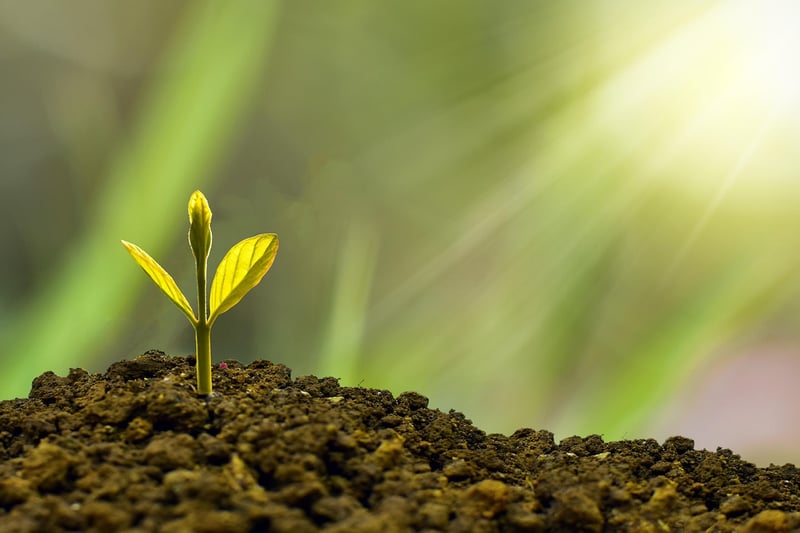Sustainability Practices
Expert Advice for Upcycling Success
Upcycling is a fantastic way to breathe new life into old items while reducing waste and promoting sustainability. Whether you're a seasoned pro or just starting out, here are some expert tips to help you succeed in your upcycling endeavors.
1. Choose Quality Materials
When selecting items to upcycle, opt for high-quality materials that are durable and in good condition. This will ensure that your upcycled creations are long-lasting and of high quality.
2. Get Creative with Design
Don't be afraid to think outside the box when it comes to design. Experiment with different colors, patterns, and textures to create unique and eye-catching upcycled pieces.
3. Embrace Imperfections
Embrace the imperfections in your materials. Scratches, dents, and wear can add character to your upcycled items and tell a story of their previous life.
4. Invest in Quality Tools
Having the right tools for the job can make a world of difference in your upcycling projects. Invest in quality tools that will help you achieve professional results.
5. Practice Sustainability
Incorporate sustainable practices into your upcycling projects. Use eco-friendly paints, adhesives, and finishes, and consider the environmental impact of your materials and processes.
6. Share Your Knowledge
Share your upcycling journey with others. Teach friends and family members how to upcycle, or consider hosting workshops to inspire and educate others about the benefits of upcycling.
Sustainability Practices
Reduce, Reuse, Recycle
Follow the mantra of "reduce, reuse, recycle" in your daily life to minimize waste and promote sustainability. Opt for reusable products, recycle items whenever possible, and reduce your overall consumption.
Conserve Energy
Conserve energy by turning off lights and electronics when not in use, using energy-efficient appliances, and choosing renewable energy sources whenever possible.
Support Sustainable Brands
Support brands that prioritize sustainability in their products and practices. Look for certifications such as Fair Trade, Organic, and Forest Stewardship Council (FSC) when making purchasing decisions.
Grow Your Own Food
Consider growing your own fruits, vegetables, and herbs to reduce your carbon footprint and support local food production. Even a small backyard garden or a few pots on a balcony can make a difference.
Compost Organic Waste
Compost your organic waste to reduce methane emissions from landfills and create nutrient-rich soil for your garden. Food scraps, yard waste, and paper products can all be composted.
Choose Sustainable Transportation
Opt for sustainable transportation options such as walking, biking, carpooling, or using public transit to reduce your reliance on fossil fuels and decrease air pollution.

By incorporating these expert tips and sustainability practices into your daily life, you can make a positive impact on the environment and create beautiful upcycled creations that inspire others to join the movement towards a more sustainable future.
